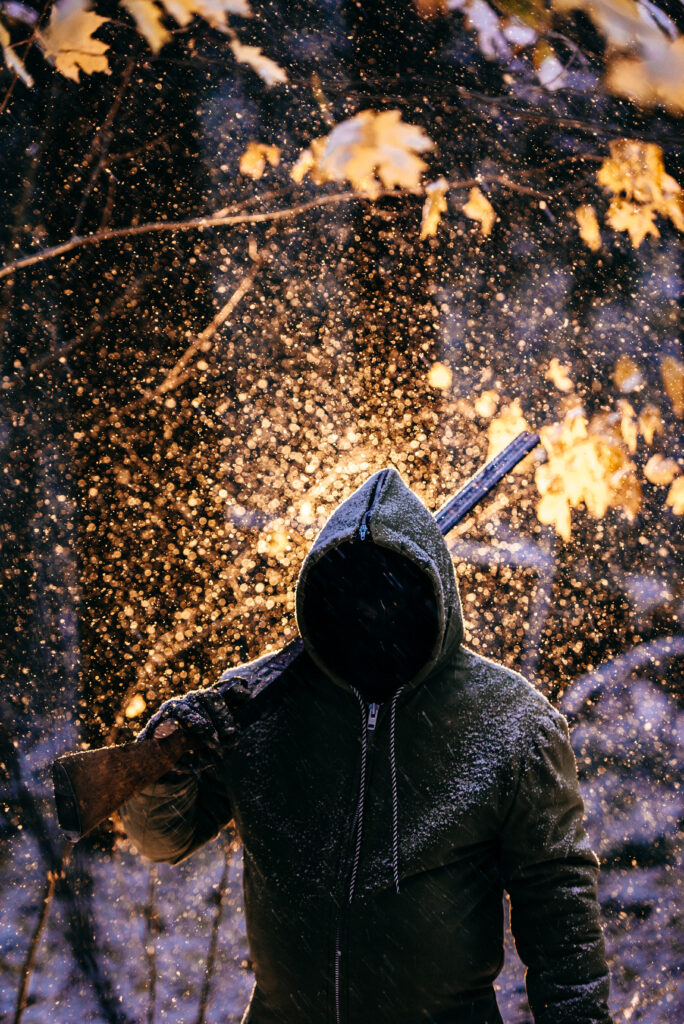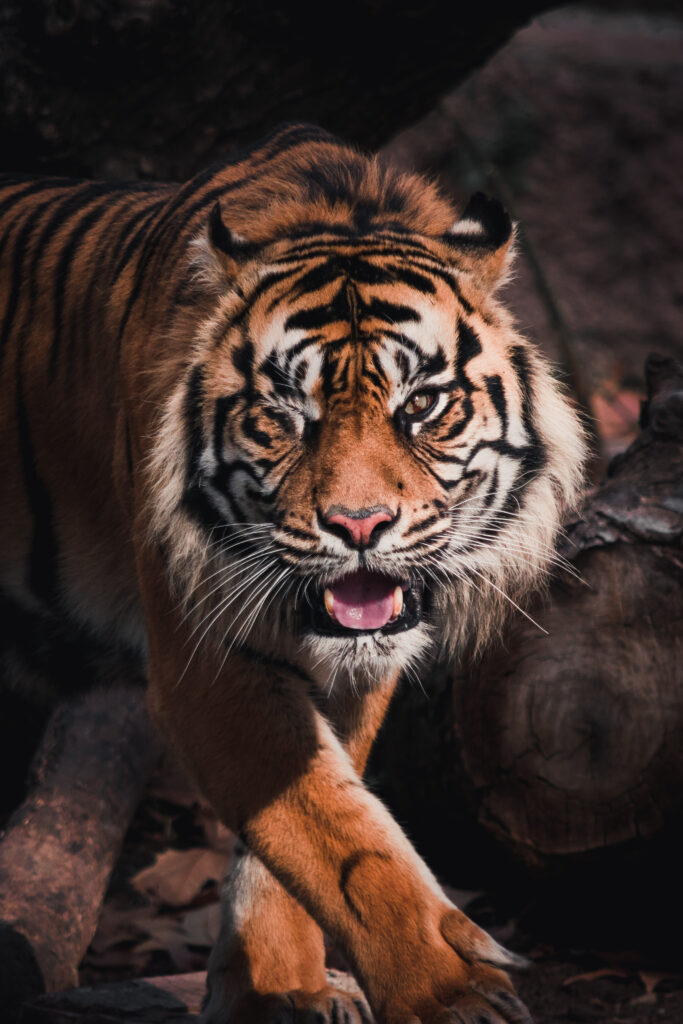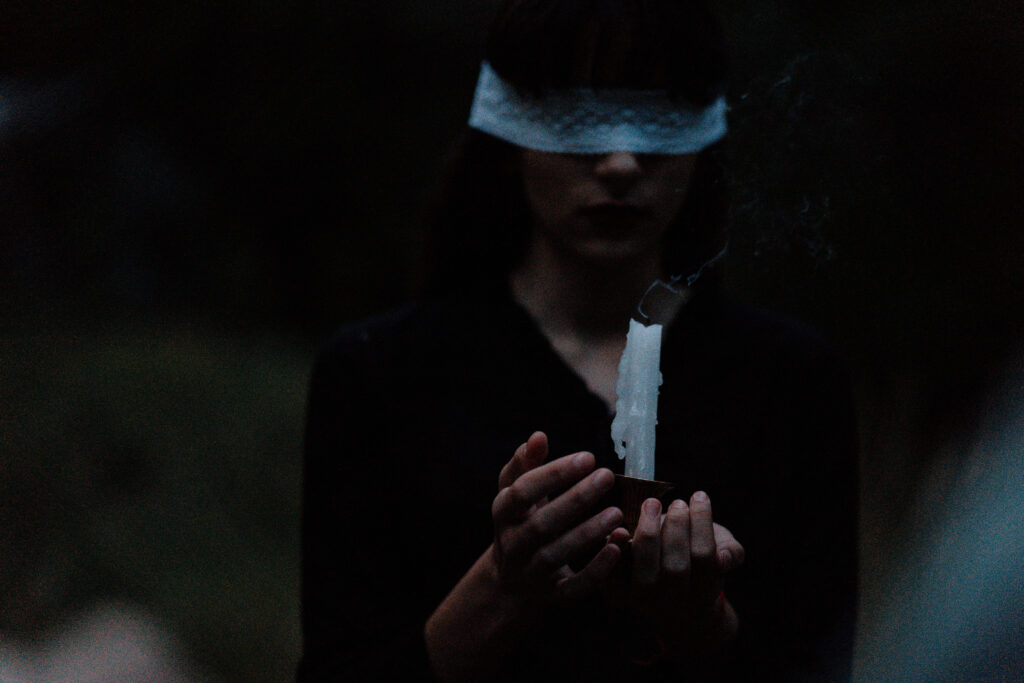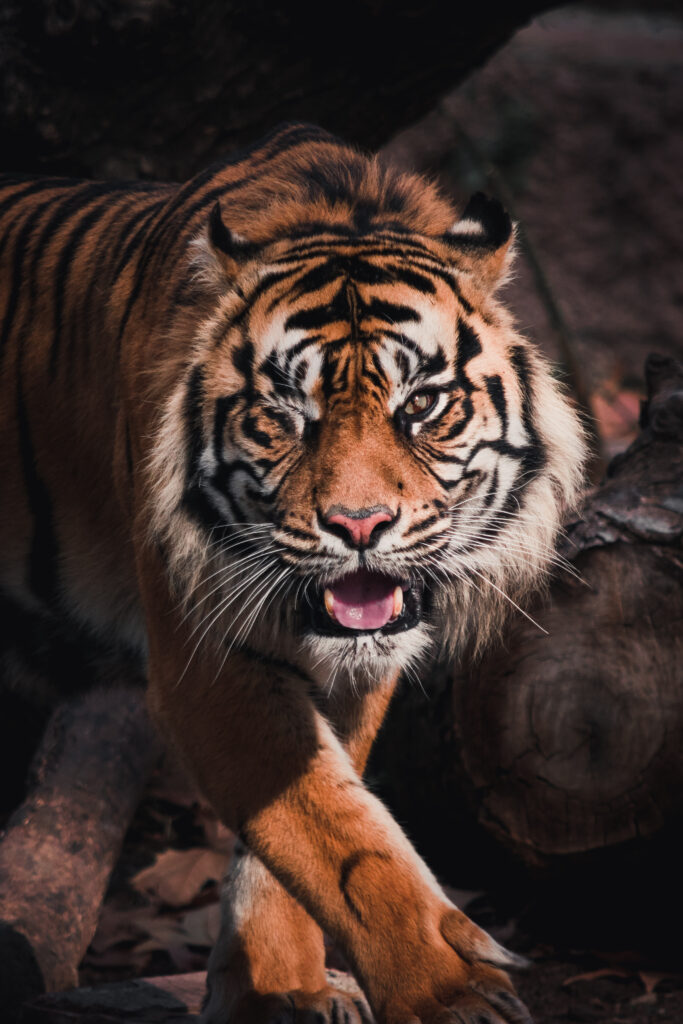The Witch Hunt Mentality: A Quirky Reflection in Halloween Lore and the Society’s Festive Paranoia
Imagine it’s Halloween and you’re all dressed up as a spooky witch! In “The Witch Hunt Mentality: A Quirky Reflection in Halloween Lore and the Society’s Festive Paranoia,” you will explore how people’s fears from long ago shaped the Halloween stories we tell today. As you walk down your neighborhood streets, collecting sweet treats, you’ll learn about the rich history of Halloween and why witches play such a big part in it. In the end, you’ll see that our Halloween costumes and stories can tell us a lot about ourselves and how we understand the world. So, get ready for a fun and surprising journey into the heart of Halloween!

This image is property of images.pexels.com.
Understanding the Witch Hunt Mentality
Witch hunts were scary times in our history. It’s like when you play hide and seek and everyone is trying to find you. But in this case, people were looking for witches they believed were causing trouble.
The concept of witch hunt throughout history
Witch hunts began many, many years ago. People were afraid that witches were casting spells that made bad things happen. If something happened that nobody understood, they blamed witches. For example, if a cow got sick, they would blame a witch.
Societal paranoia and its implications
Imagine being so scared that witches were causing all your problems that you started looking for them everywhere. People were so terrified that they even accused their friends and neighbors of being witches. Can you imagine accusing your best friend?
Relation between societal paranoia and witch hunt
The more scared people became, the more they believed in witches. And the more they believed in witches, the more they looked for them. This is like when you hear a noise at night and become convinced that there’s a monster under your bed, so you keep looking until you “find” it.
The Birth of Halloween
Halloween is a very old holiday that has changed a lot over time.
Origin and evolution of Halloween
Halloween started as a festival to remember the dead. Then it became a night when people believed that ghosts and witches were very active. Now, it’s a fun night where we dress up in costumes, go trick-or-treating, and eat candy!
The birth of Halloween lore
The stories and traditions we now associate with Halloween grew out of people’s fear and fascination with the supernatural. They were worried about ghosts and witches, so they created customs to protect themselves.
The influence of societal paranoia on Halloween evolution
Remember when we talked about people being scared of witches? Well, that fear influenced how Halloween evolved. The scarier and stranger things seemed, the more people wanted to celebrate and confront their fears.

This image is property of images.pexels.com.
The Imprint of Witch Hunt on Halloween Lore
Witch hunts have left quite a mark on Halloween lore.
Portrayal of witches in Halloween
When you think of Halloween, you probably imagine witches flying on broomsticks and casting spells. That’s because the history of witch hunts has shaped how we picture witches today.
Symbolism of witch symbols in Halloween
The witch symbols you see at Halloween, like cauldrons, broomsticks, and pointed hats, come from the old beliefs about witches. They help us remember a time when people were very scared of witches.
How Halloween perpetuates the witch hunt mentality
By dressing up as witches and using witch symbols, we’re reminding ourselves and others of the time when people hunted witches. It’s as if every time you play a game of hide and seek, you remember the original scary game of hunting witches.
The Pumpkin: More Than Just a Decorative Fruit
Ever wondered why pumpkins are so important during Halloween?
The symbolic role of pumpkins in Halloween
Pumpkins play a big part in Halloween. We carve scary faces into them to frighten away spirits. This is like using a teddy bear to protect yourself from monsters under your bed!
How pumpkin carving is linked to societal fears
carving pumpkins started as a way for people to express their fears. They would carve scary faces to show what they were afraid of, like witches, ghosts, and spirits.
Pumpkins and the image of the scary, wicked witch
When we carve pumpkins, we often make them into faces that are vile and wicked. This is because pumpkins help us remember the times when people were afraid of witches.

This image is property of images.pexels.com.
Costumes and How They Reflect our Fears
Dressing up is one of the most fun parts of Halloween!
Historical significance of Halloween costumes
Long ago, people dressed up as ghosts and ghouls during Halloween to scare away spirits. They thought if they dressed as scary creatures, the spirits would believe they were one of them and leave them alone.
How costumes mirror societal anxieties
The costumes we wear at Halloween often show what we are scared of. For example, if lots of people are dressing up as zombies, it might mean they’re worried about a zombie apocalypse!
Witch costumes: The embodiment of feared otherness
We have many different costumes to choose from but one costume that always appears is the traditional witch. Witches are used to represent things that are different and the things we fear.
Trick-or-Treating: A Symbolic Reinforcement of Witch Hunts
Trick-or-treating is a tradition that is part and parcel of Halloween.
Understanding the tradition of trick-or-treating
Trick-or-treating is a fun part of Halloween when you get to dress up and go from house to house asking for candy. It’s like playing a game where everyone wins!
Trick-or-treating and the reflection on the witch hunt mentality
But did you know that trick-or-treating can also remind us of witch hunts? It’s like a game where you’re looking for something, just like how people used to look for witches.
How trick-or-treating perpetuates fear and paranoia in society
And when we go trick-or-treating, we continue the fear of witches because it’s fun to be a little scared. It’s similar to telling ghost stories around a campfire; it’s scary but fun at the same time!
Ghosts and Spirits: Echoes of Societal Paranoia
Ghosts are a big part of Halloween!
Exploring the ghost folklore in Halloween
Along with witches, ghosts have always been a part of the stories we tell during Halloween. Ghost stories remind us of a time when people believed the spirits of the dead could come back.
Parallels between ghost hunting and witch hunting
Hunting for ghosts is a lot like hunting for witches. In both cases, people are looking for something scary that they can’t see or don’t really understand.
How ghost narratives contribute to societal paranoia
The more we tell ghost stories, the more we might start to believe in ghosts. This can make people paranoid, just like the witch hunts did.
The Halloween Bonfire: A Lingering Symbol of Witch Trials
Bonfires are a common sight during Halloween.
The origin of bonfires during Halloween
People used to light big fires on Halloween to scare away evil spirits. The bigger the fire, the more spirits it could scare away!
The link between bonfires and witch trials
Bonfires also remind us of a scarier time when people used fire to hurt others. When people were afraid of witches, they used to punish them by burning them at the stake.
How bonfires act as a symbol of societal fear and paranoia
So, when you see a bonfire at Halloween, remember it’s not just for roasting marshmallows. It’s also a reminder of the time when people were very scared of witches.
Cats and Witches: A Tale Rooted in Paranoia
Black cats are often associated with witches and Halloween.
The imagery of black cats in Halloween
At Halloween, we often see images of black cats along with witches. This is because people long ago believed that witches could turn into black cats!
Historical association between witches and cats
People used to think that black cats were witches’ companions or even witches themselves in disguise. Can you imagine thinking your pet cat was a witch?
How the black cat became a symbol of societal fear
Black cats have become a symbol of fear and superstition because of these beliefs. When you see a black cat at Halloween, it’s a reminder of how scared people were of witches.
The Halloween Junkie Take
Halloween is a time when we let our imaginations run wild. We dress up, tell scary stories, and make jack-o’-lanterns. But the fun we have at Halloween has a darker side as it reminds us of a time when people lived in fear of witches. Even when we’re enjoying our favorite candies, we’re also retelling the story of the witch hunts and allowing the paranoia of the past to continue. But don’t worry too much! After all, Halloween is all about having a good, spooky time!

